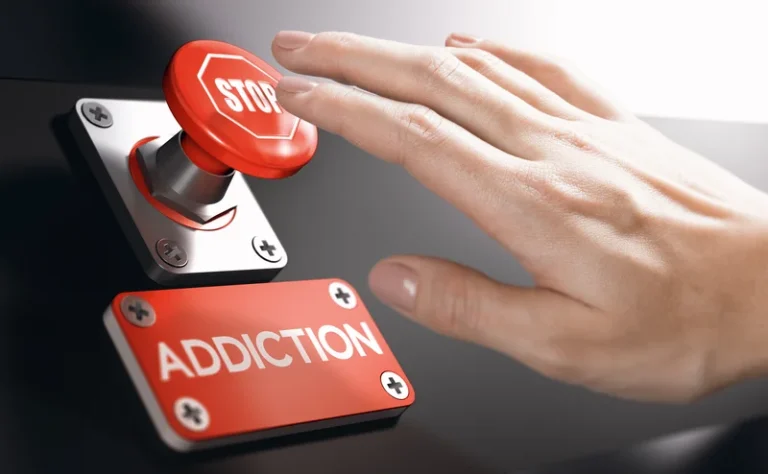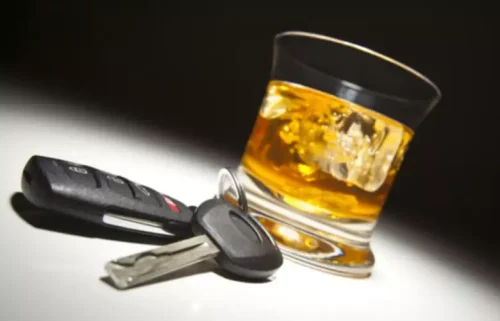Withdrawal symptoms are common for people with alcohol use disorder who stop drinking, but many respond well to treatment. If you think you need help with alcohol use, talk to your doctor. They can assess whether you have a risky drinking pattern, evaluate your overall health, help create a treatment plan, and refer you to programs or other healthcare providers if necessary. Many people who seek treatment are able to overcome the addiction.

Treating alcohol misuse
This CME/CE credit opportunity is jointly provided by the Postgraduate Institute for Medicine and NIAAA. Friends and family members of people who have an alcohol addiction can benefit from professional support or by joining programs like Al-Anon. The severity of the disease, how often someone drinks, and the alcohol they consume varies from person to person. Some people drink heavily all day, while others binge drink and then stay sober for a while. Alcohol use disorder can include periods of being drunk (alcohol intoxication) and symptoms of withdrawal. Unhealthy alcohol use includes any alcohol use that puts your health or safety at risk or causes other alcohol-related problems.
What are the symptoms of alcoholism?

These and other outpatient options may reduce stigma and other barriers to treatment. Telehealth specialty services and online support groups, for example, can allow people to maintain their routines and privacy and may encourage earlier acceptance of treatment. The NIAAA Alcohol Treatment Navigator can help you connect patients with the full range of evidence–based, professional alcohol treatment providers. Someone with an alcohol addiction who has remained sober for months or years may find themselves drinking again. They may binge drink once or drink for a period of time before getting sober again.
What are the risk factors?
Also, a healthy diet can help undo damage alcohol may have done to the person’s health, like weight gain or loss. If you drink more alcohol than that, consider cutting back or quitting. Because denial is common, you may feel like you don’t have a problem with drinking. You might not symptoms of alcohol dependence recognize how much you drink or how many problems in your life are related to alcohol use. Listen to relatives, friends or co-workers when they ask you to examine your drinking habits or to seek help. Consider talking with someone who has had a problem with drinking but has stopped.
What causes alcohol withdrawal?
Alcohol dependence, which is also known as alcoholism or alcohol addiction, describes the most serious form of high-risk drinking, with a strong – often uncontrollable – desire to drink. If you live with alcohol use disorder (AUD) and want to take steps to stop heavy drinking or reduce your intake, you may be concerned about possible withdrawal symptoms and whether they may make it harder for you to reach your goal. Alcoholism has been known by a variety of terms, including alcohol abuse and alcohol dependence.
- A healthcare professional may also be able to recommend resources and support.
- Alcohol withdrawal syndrome (AWS) describes a broad range of symptoms a person with AUD may experience when reducing or stopping alcohol misuse.
- Moreover, as alcohol is so widely socially acceptable, these criteria may end up being masked by someone’s general lifestyle.
- Over the long term, AUD may lead to serious health conditions, while worsening others.
- Drinkchat is a free online chat service with trained advisors offering confidential advice.
Alcohol Use Disorder: From Risk to Diagnosis to Recovery

- The Department of Health and Social Care recommends pregnant women and women trying to conceive should avoid drinking alcohol.
- Referring to this condition as alcohol use disorder is more accurate and less stigmatizing.
- Ethanol is the primary alcohol that’s ingested by people with alcohol use disorder.
- Although currently few treatments are available for tackling this significant health problem and providing relief for those suffering from the disease, there is hope.
